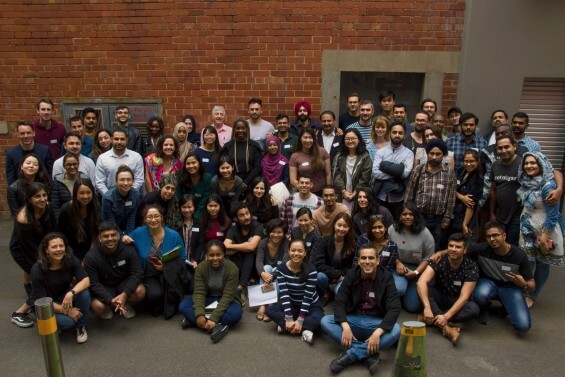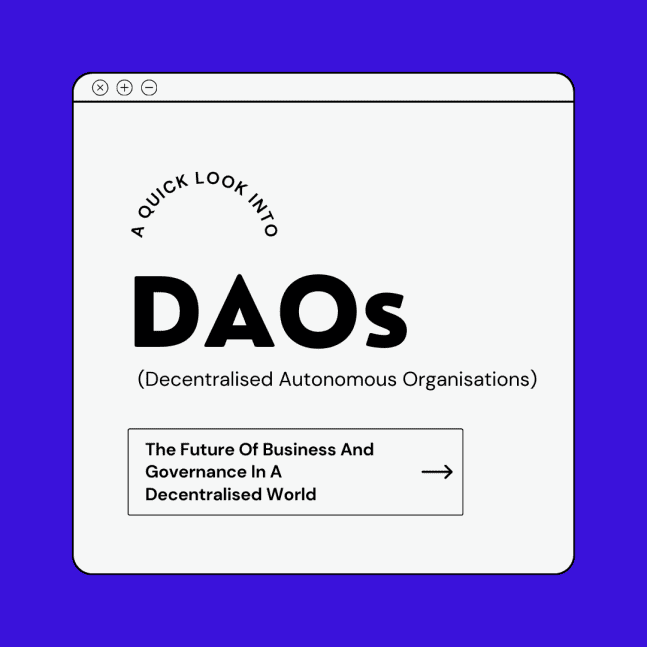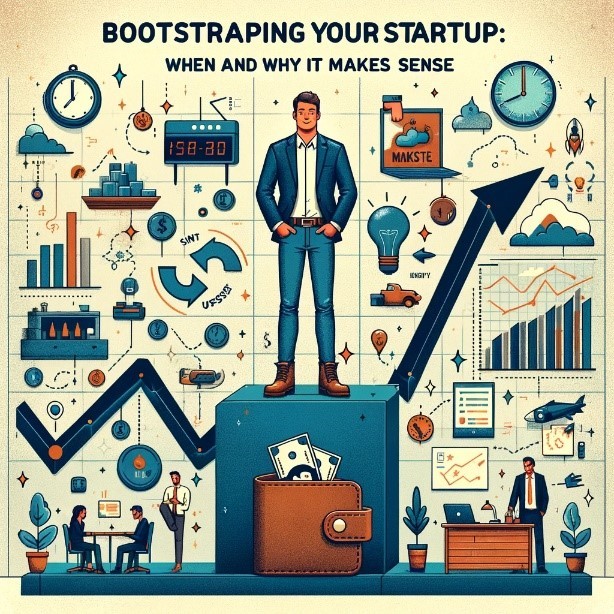Did you know that you can trademark your brand not only in Australia but also overseas? Allied Legal can assist you in registering your brand globally.
International trademarking of a brand overseas is important for several reasons:
- Global Protection: Safeguarding your brand beyond national borders ensures protection against unauthorised use or infringement in international markets, ensuring your intellectual property rights.
- Market Expansion: It allows you to sell products or services under your brand in multiple countries, enhancing your business’s global presence.
- Brand Recognition: Registering your trademark internationally bolsters brand recognition across diverse markets, enhancing your brand’s reputation and value.
- Legal Protection: An international trademark enables legal recourse against unauthorised usage or counterfeiting, offering a strong legal basis for defending your brand in various jurisdictions.
- Preventing Brand Dilution: International trademark registration prevents brand dilution by deterring others from using similar or identical marks, preserving your brand’s uniqueness and distinctiveness worldwide.
- Business Growth Opportunities: It opens doors for collaborations, partnerships, and business opportunities globally, contributing to sustained growth and success in different regions.
How can you trademark your brand overseas?
You can trademark your brand internationally using the Madrid System, administered by the World Intellectual Property Organisation (WIPO). The Madrid System allows you to file trademark applications in multiple countries through a single application.
What is the Madrid System?
The Madrid System is a convenient and cost-effective solution for registering and managing trademarks worldwide. With the Madrid System, you can file a single international trademark application and pay one set of fees to apply for trademark protection in up to 130 countries. You can also modify, renew or expand your global trademark portfolio through one centralised system.
Eligibility
If you are an Australian national or resident and have an industrial or commercial establishment in Australia, you qualify to apply under the Madrid System.
The benefit of applying under the Madrid System
Applying your trademark overseas using the Madrid System offers convenience by enabling the filing of a single international trademark application in one language, simplifying the process and reducing fees across multiple territories. It provides a centralized and digital platform through WIPO, facilitating swift expansion into new markets. Covering over 80% of global trade, this system is cost-effective, eliminating the need for multiple applications, translations, or hiring representatives in various countries, thereby saving both time and money.
What should you do before applying?
Before applying, you must ensure that your application meets the following requirements:
- Your overseas application needs to be based on an existing Australian trademark application.
- Your trademark has to be the same on the international application as it is on the Australian application.
- You need the identical owner stated in both the Australian and international applications and registrations.
- The goods and services in your application must align with those claimed in the Australian application and registration.
- If you possess multiple indistinguishable trademarks, they can be included in a single application provided the trademarks and applicants remain the same.
Three stages to filing your trademark through WIPO
Stage 1: Application through IP Australia
- You will need to submit your international application through IP Australia which will certify and forward it to WIPO.
Stage 2: Formal examination by WIPO
- WIPO will conduct a formal examination of your international application. Once approved, your brand will be recorded in the International Register and published in the WIPO Gazette of International Marks, the official publication containing the latest information on Madrid System registrations.
- WIPO will then issue a certificate of your international registration and notify IP Offices in designated territories.
Stage 3: Substantive examination by national or regional designated offices
- IP Offices in the designated territories will evaluate your trademark and decide if it qualifies for protection within 12 or 18 months. The great thing about the Madrid Systems is that the decisions of one IP Office will not influence the other designated offices.
- If approved, an IP Office will issue a statement confirming the grant of protection. Your mark remains valid for 10 years, renewable every subsequent decade.






